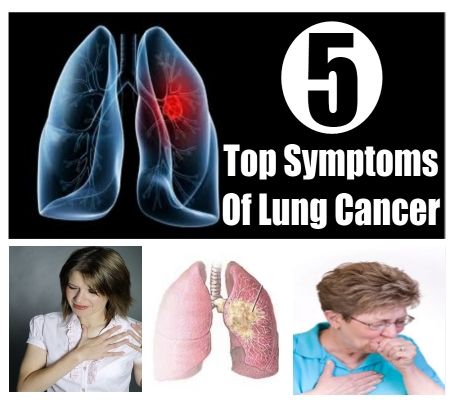
A wide range of lung cancer symptoms can include cough, chest pain and difficulty breathing
They can also be difficult to diagnose, because they are generally similar to those produced by a common cold or flu.
Cough is one of the most common lung cancer signs. A cough that doesn't go away is often followed by fever, chills and vomiting. Coughing up mucous or blood is also common. If a patient suddenly develops a persistent cough with mucus, it may indicate the onset of emphysema. Emphysema is a condition which affects the tissues of the lungs and is a common cause of chronic cough.
Chest pain is another symptom of lung cancer. The pain can be felt in the chest, jaw, shoulders or throat. Sometimes the pain will be more severe and last longer than usual. The pain should disappear after a few days, but there are cases where the pain can last for weeks or months.
Blood in the urine is another symptom. People may experience an unusual amount of blood in their urine. This may mean that the person has cancer, although the exact cause is still unclear.
Rust-colored sputum or blood in the mouth may indicate that the patient has cancer of the tonsils. The yellow-gold colour of the sputum or blood may also indicate that the patient has pleural mesothelioma. Pleural mesothelioma is a type of cancer which develops around the lining of the lungs and this colouration can show up in X-rays.
Many other lung cancer signs can be found by having a CT scan of the chest. If the scan shows cancer on the lungs, then the doctor will carry out surgery. However, if the scan shows no cancer then surgery is unlikely to be required and it may be that the lungs have a mild case of cancer that needs treatment to try to shrink the growth.
Cancer of the lungs has been linked to smoking and alcohol consumption
Therefore, a patient who has recently stopped smoking should try to quit or limit their consumption of alcohol.
There is still a lot of uncertainty about what causes cancer of the lungs. There is much that has yet to be learned.
People with certain diseases such as asthma and COPD will be advised to avoid exposure to irritants such as cigarette smoke. In addition, people with chronic bronchitis will often be told not to smoke because it can trigger symptoms of bronchial pneumonia.
If you smoke, then you should stop as soon as possible. However, this advice is usually only given if you smoke more than three packs a day. If you only smoke a couple of cigarettes a day, then you can stop and not have to worry about the consequences of your action.
When people smoke they can cause many different types of cancer. The more you smoke the greater the risk of developing cancer.
When a smoker smokes cigarettes, he or she releases chemicals into the air which can kill the healthy cells and stimulate the growth of cancerous cells. In particular, cigarettes contain tobacco, which contains small amounts of tar and also formaldehyde.
Smokers also breathe in a lot of tar. When they exhale, the tar can remain in their lungs for several hours, which allows the tar to be breathed in by others who inhale. As a result, it is very difficult to tell how much tar a person has breathed in. Many smokers also have lung cancer signs because they may not show the cancerous cells and lesions until they are large enough to be seen with a CT scan.